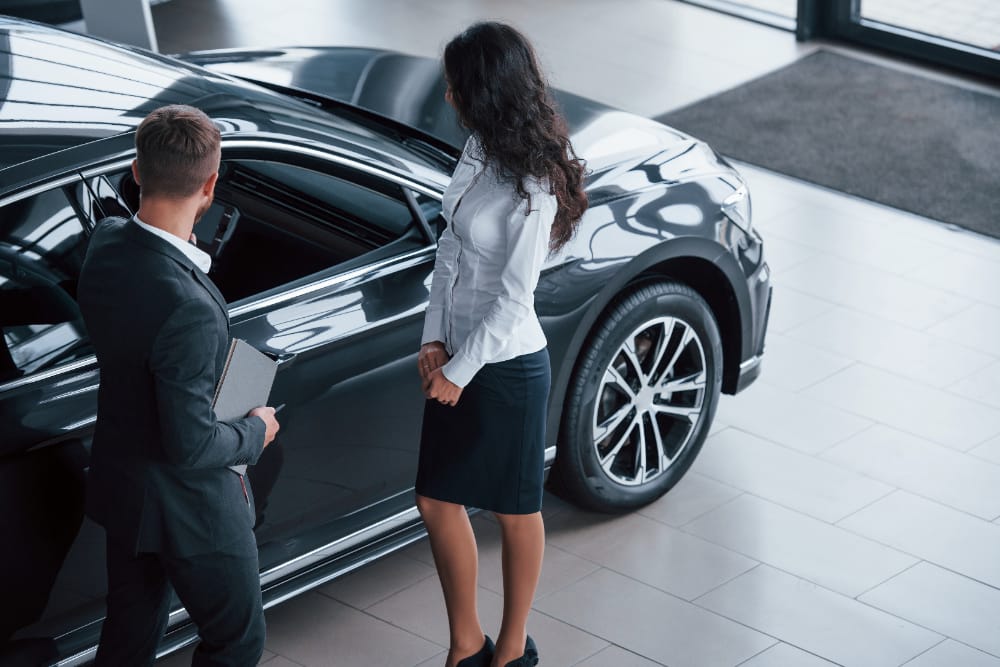Being involved in an accident is stressful, but when it happens in a hire vehicle, it can feel even more complicated. Whether it’s a minor scrape or a major collision, knowing the right steps to take can help protect your legal rights, secure compensation, and minimise hassle. This comprehensive guide outlines what to do if you have an accident in a hire vehicle in the UK.
1. Prioritise Safety
The first priority in any road traffic accident (RTA) is safety. Follow these steps:
- Check for injuries: Ensure all parties involved are safe. Call 999 for emergency services if there are serious injuries or hazards like fuel spills.
- Move to safety: If the vehicle is causing an obstruction and it’s safe to do so, move it to the side of the road.
2. Contact the Police (If Necessary)
You’re legally required to inform the police if:
- Someone is injured.
- There’s significant damage to property.
- The other driver leaves the scene or refuses to exchange details.
File a report within 24 hours to avoid legal penalties.
3. Exchange Details
Gather the following information from all parties involved:
- Names, addresses, and contact numbers.
- Vehicle registration numbers.
- Insurance details.
If there are witnesses, ask for their contact details too. Avoid admitting fault, as liability will be determined later by insurers or solicitors.
4. Document the Scene
Take clear photos and videos of:
- Vehicle damage (both the hire car and others involved).
- The accident location, including road signs and markings.
- Any visible injuries.
Detailed evidence will support your case and help speed up the claims process.
5. Inform the Hire Car Company
Hire car companies have specific procedures for handling accidents. Check your rental agreement for emergency contact details and notify the company immediately. Failure to report the incident could result in penalties or void your insurance coverage.
Provide them with:
- The accident details.
- A copy of the police report (if applicable).
- Contact details of other drivers involved.
6. Notify Your Insurance Provider
Even though the hire car is likely insured by the rental company, your personal insurance (if applicable) may also need to be informed. Check if your policy includes Collision Damage Waiver (CDW) or excess insurance, which may cover repair costs or reduce your liability.
7. Who Pays for the Damage?
Responsibility for repair costs depends on the circumstances:
- If you’re not at fault: The other driver’s insurance should cover damages.
- If you’re at fault: The hire car’s insurance or CDW will cover the damage, but you may need to pay an excess fee.
- If liability is disputed: The costs will be resolved through negotiations between insurers or solicitors.
8. Claiming Compensation
If you’ve suffered injuries or financial losses due to the accident, you may be entitled to compensation. This includes:
- Medical expenses.
- Loss of earnings.
- Pain and suffering.
Compensation claims can be more complex with hire vehicles due to overlapping insurance policies and liability disputes. This is where expert legal advice is invaluable.
9. How National Claims Can Help
At National Claims, we understand the unique challenges of accidents involving hire vehicles. Our team can connect you with experienced solicitors who specialise in personal injury and vehicle damage claims.
Start Your Vehicle Hire and Repair Today
They’ll ensure:
- Liability is clearly established.
- You receive compensation for injuries and losses.
- All legal and insurance matters are handled efficiently.
With National Claims, you can focus on recovery while we guide you through the legal process.
10. What to Do Next
After informing the hire company and insurers, take the following steps:
- Keep records: Save copies of all correspondence, including emails, reports, and invoices.
- Attend medical appointments: Document any injuries and follow medical advice, as these records will support your claim.
- Cooperate with investigations: Be responsive to inquiries from insurers or solicitors.
Common Questions About Accidents in Hire Vehicles
1. What if the other driver is uninsured?: If the at-fault driver is uninsured, you can file a claim through the Motor Insurers’ Bureau (MIB). Visit the MIB website for more details.
2. Can I still drive the hire car after the accident?: The hire company will decide if the vehicle is roadworthy. They may arrange a replacement car if needed.
3. Will I lose my deposit?: You may lose part or all of your deposit if you’re found at fault or breach the rental agreement. CDW or excess insurance can minimise this risk.
Conclusion
Accidents in hire vehicles can be daunting, but following the right steps can ease the process. From ensuring safety to dealing with insurers and claiming compensation, understanding your rights and responsibilities is essential.
At National Claims, we’re here to help you every step of the way. We’ll connect you with solicitors who specialise in RTA claims, ensuring you receive expert guidance and the compensation you deserve.
If you’ve been involved in an accident in a hire vehicle, don’t hesitate to contact National Claims today for advice and support.

We’re proud of our excellent customer reviews
We thrive on delivering exceptional service and ensuring our clients’ satisfaction. Don’t just take our word for it. Check out some of our independent reviews to see what our clients have to say.
Excellent

This firm is excellent, they sorted out my car pay out and injury claim very fast, they always communicate with you all the time.

My accident case was dealt with confidence and with great result of the outcome, especially James kept me informed all the time.

I was very impressed at the way my inquiry was treated. I was listened to attentively and everything I needed to know was explained to me.






